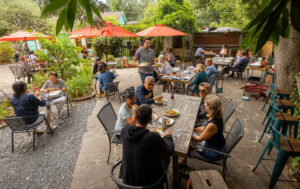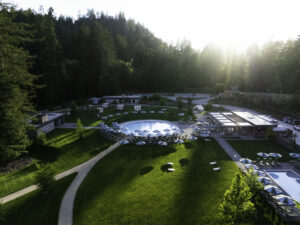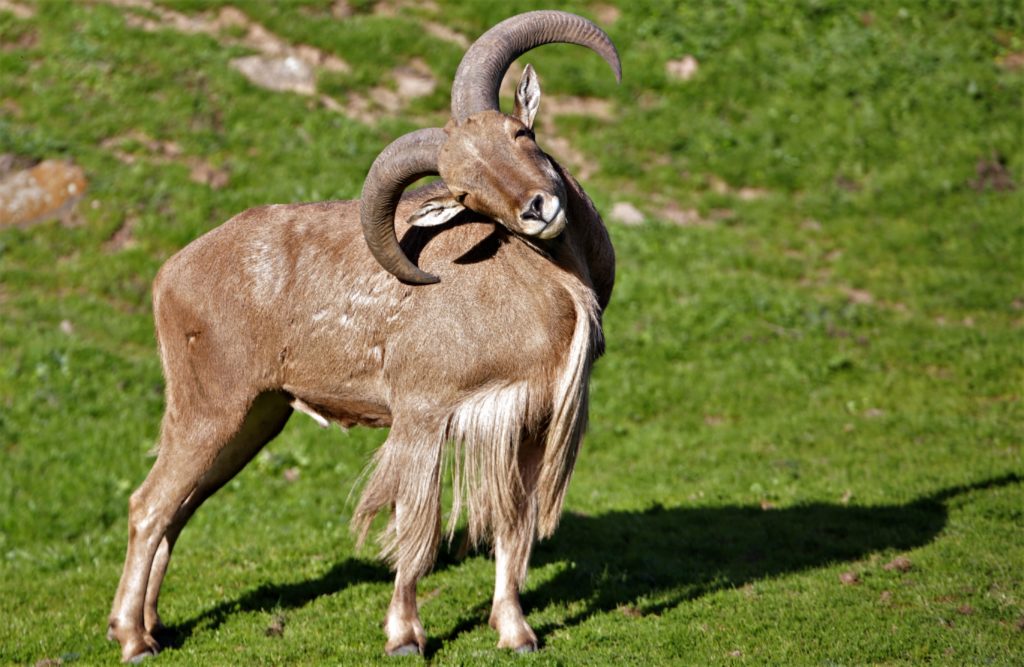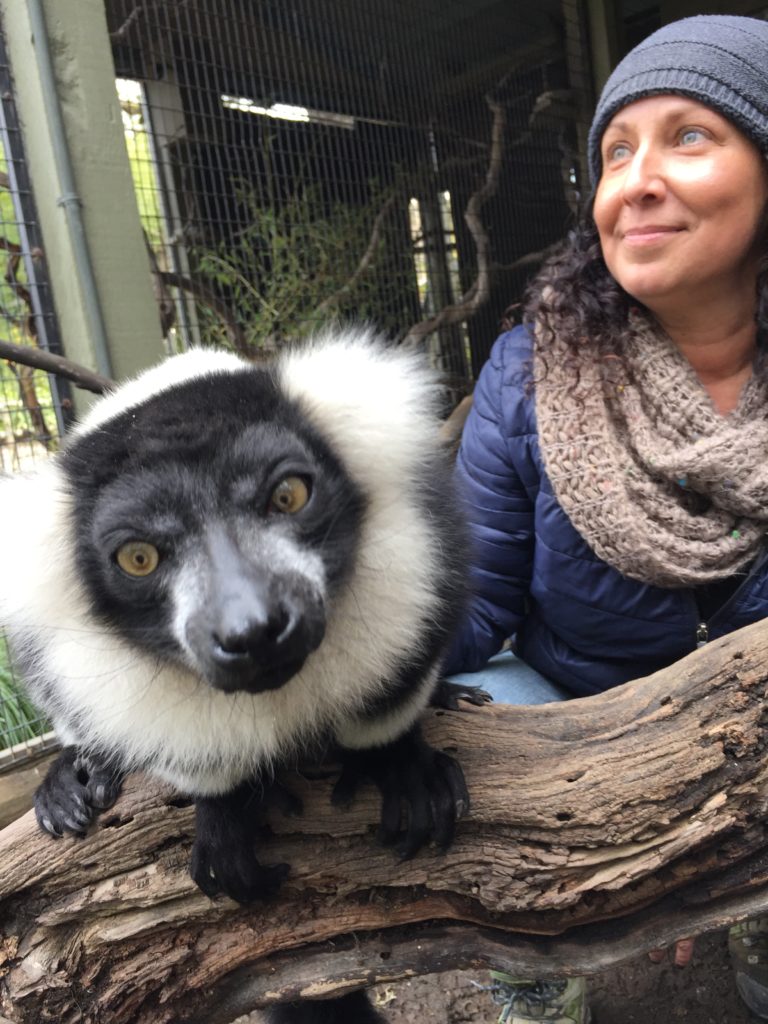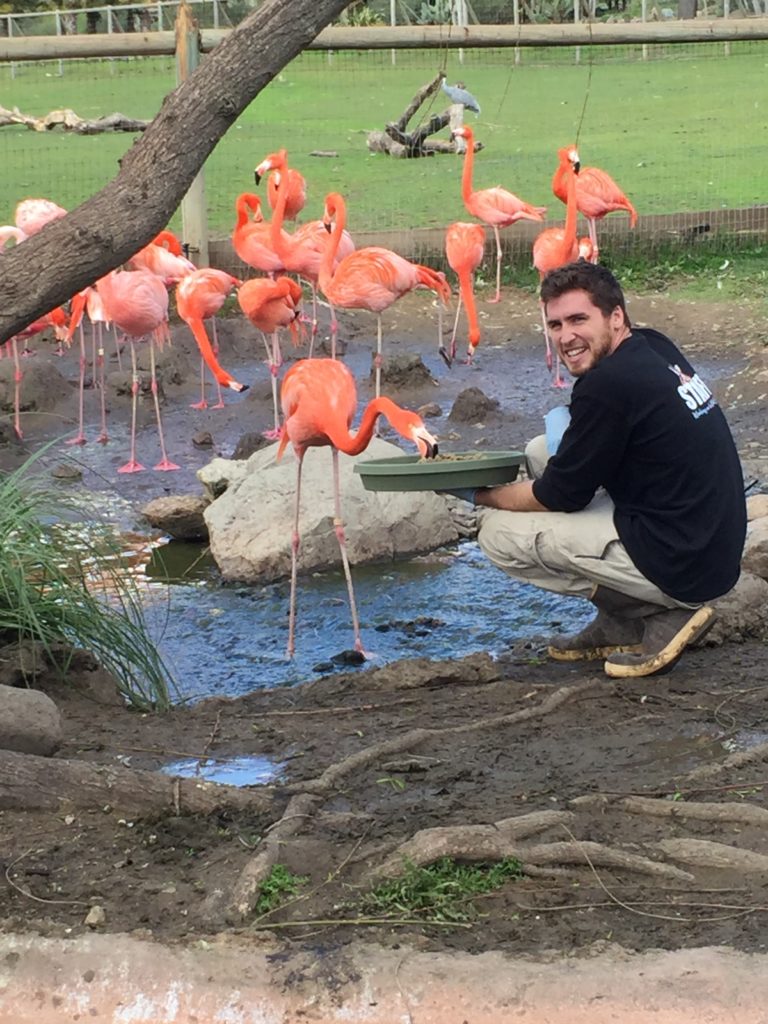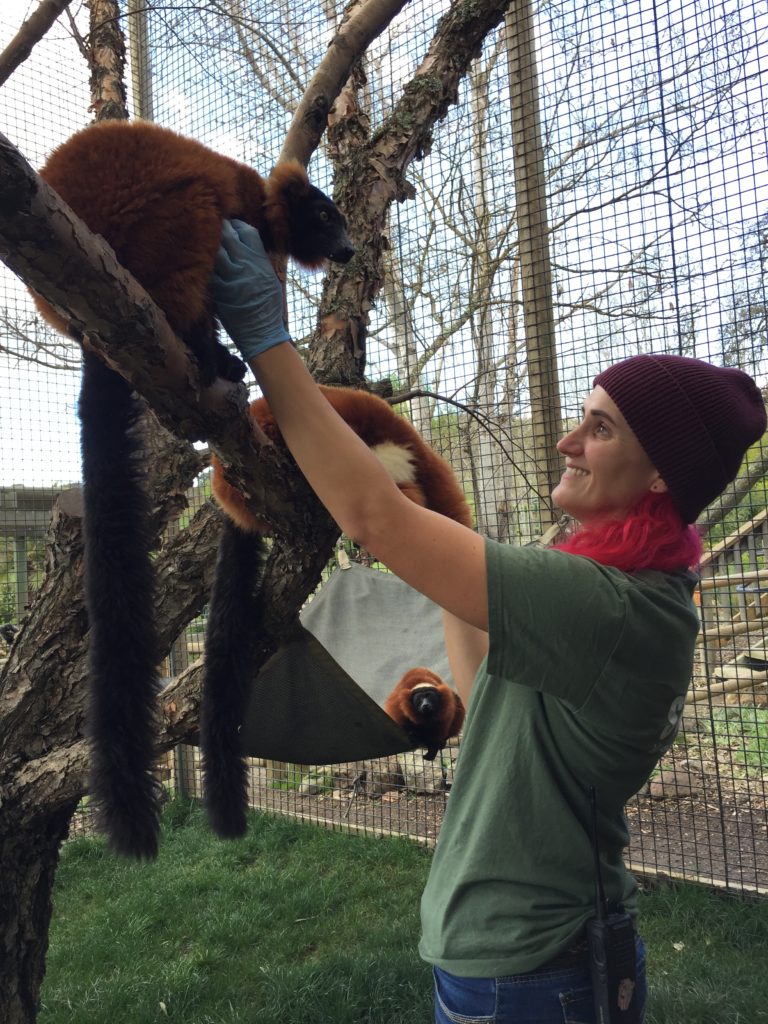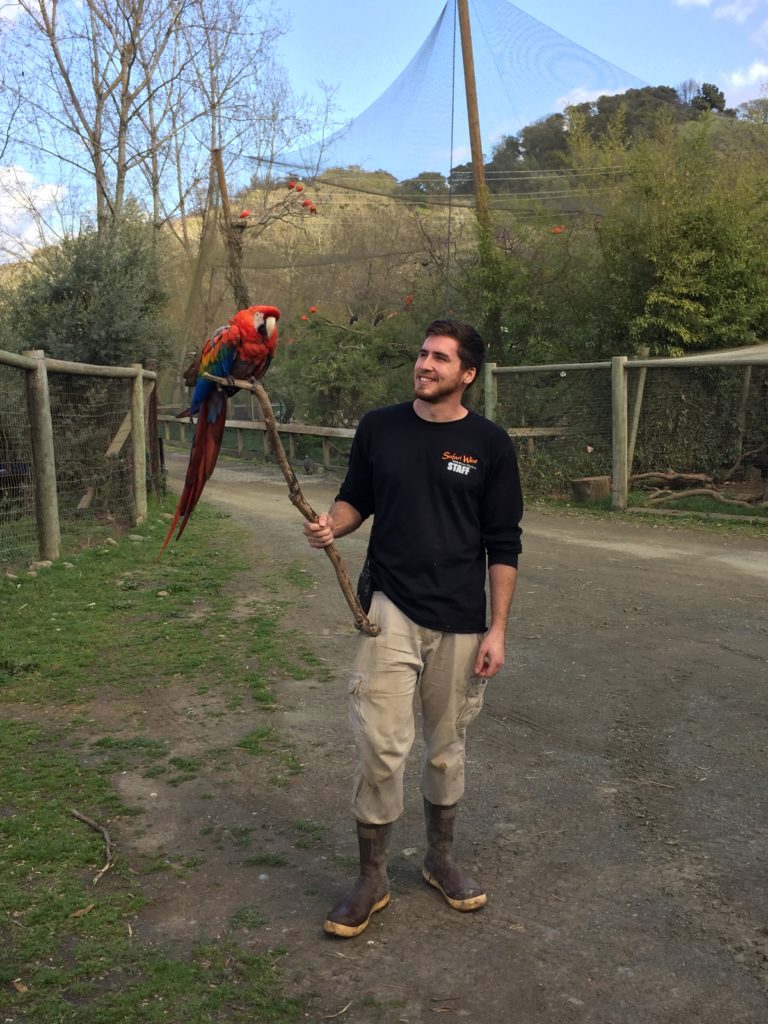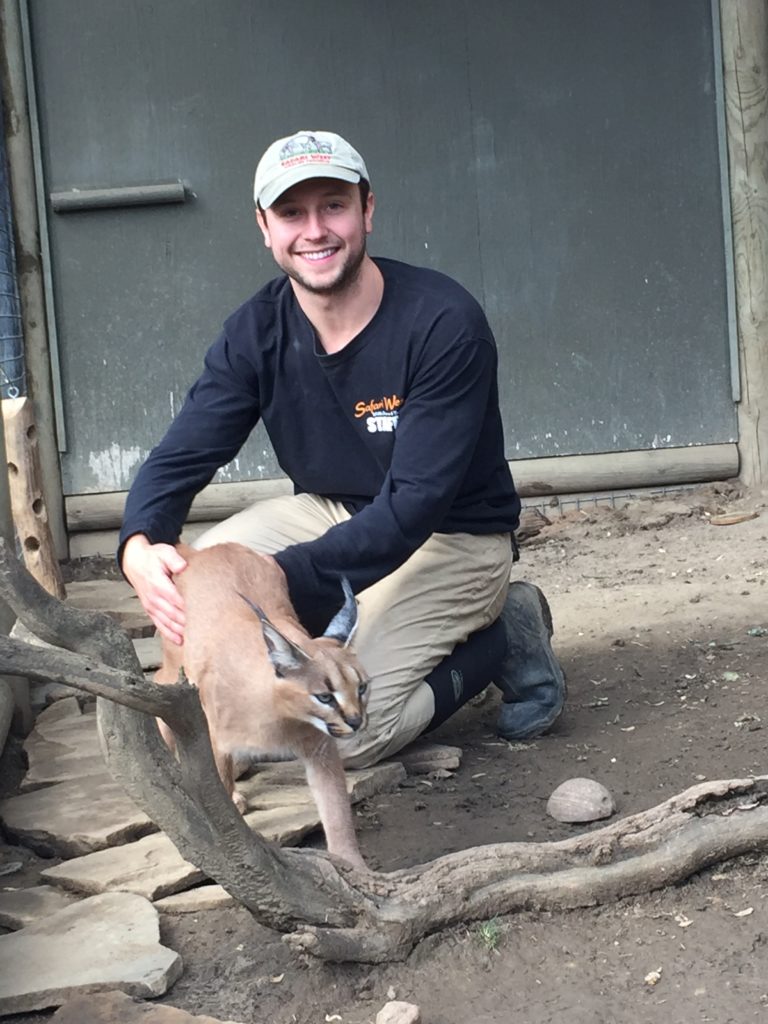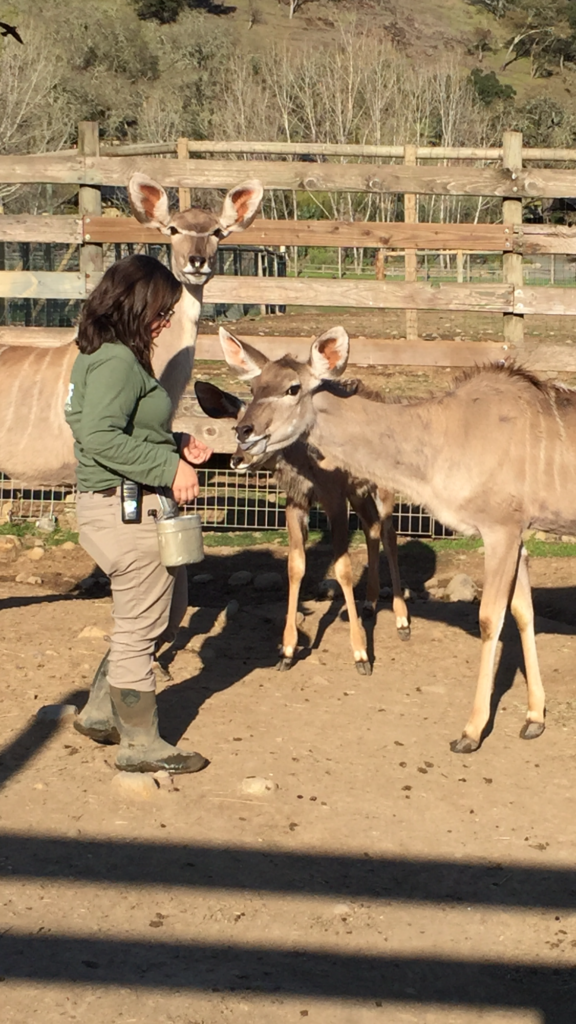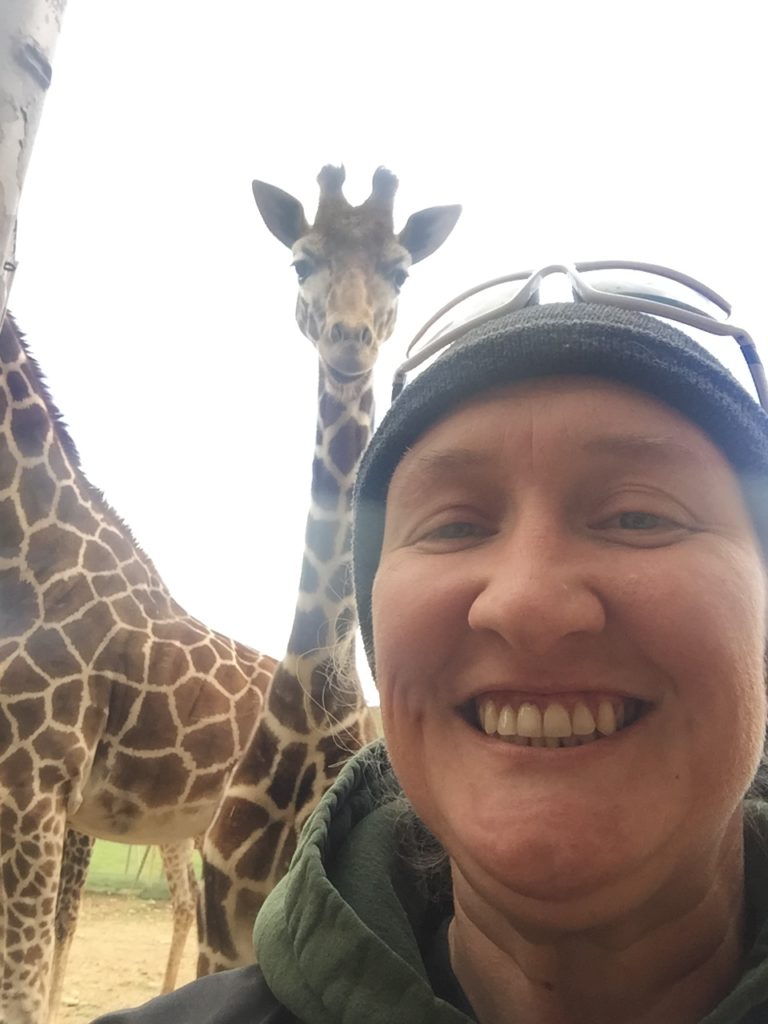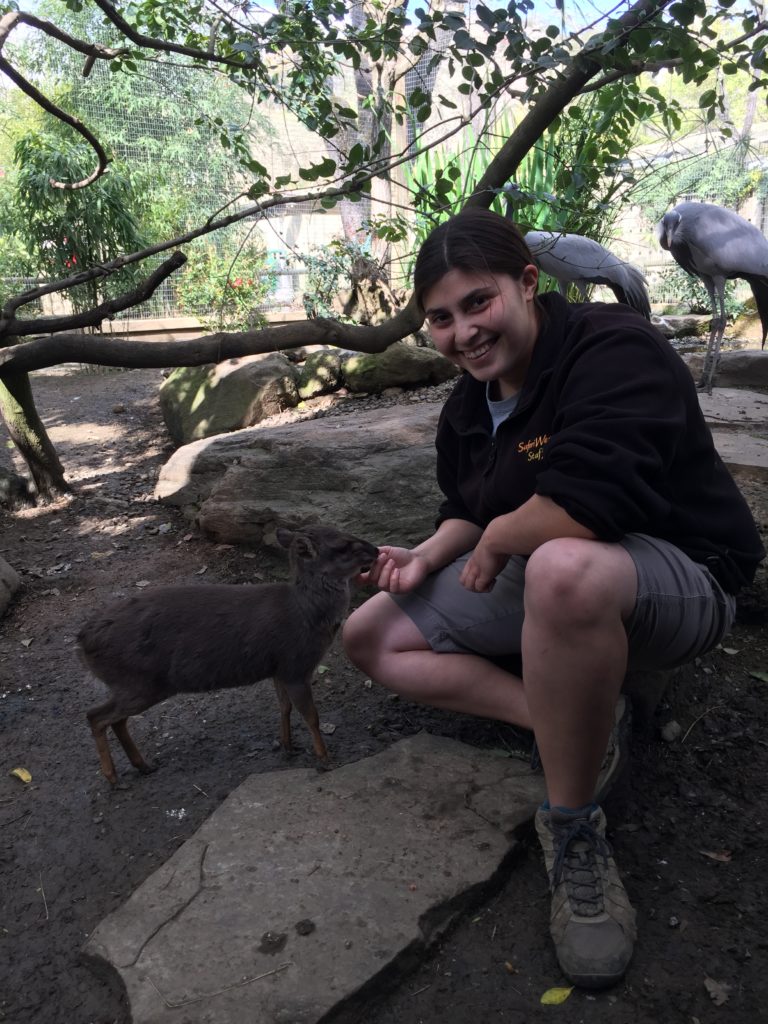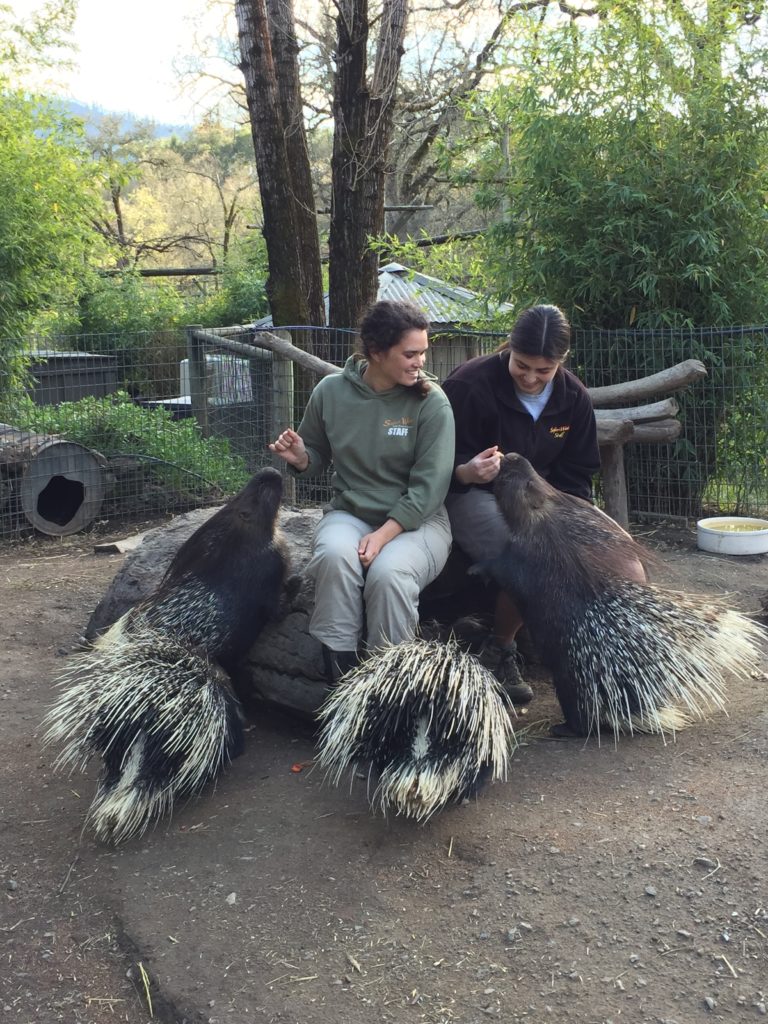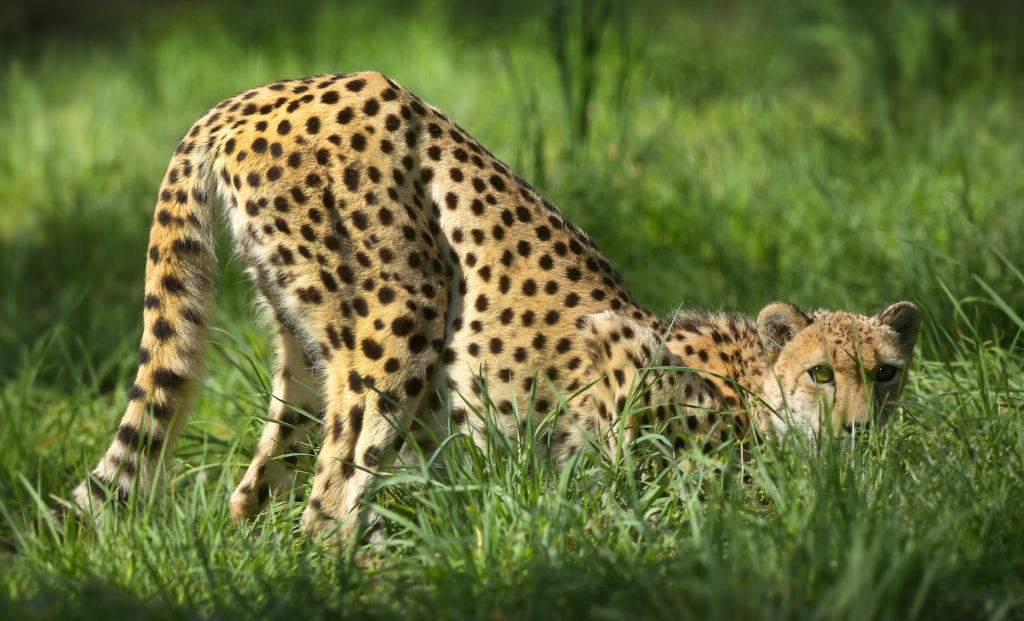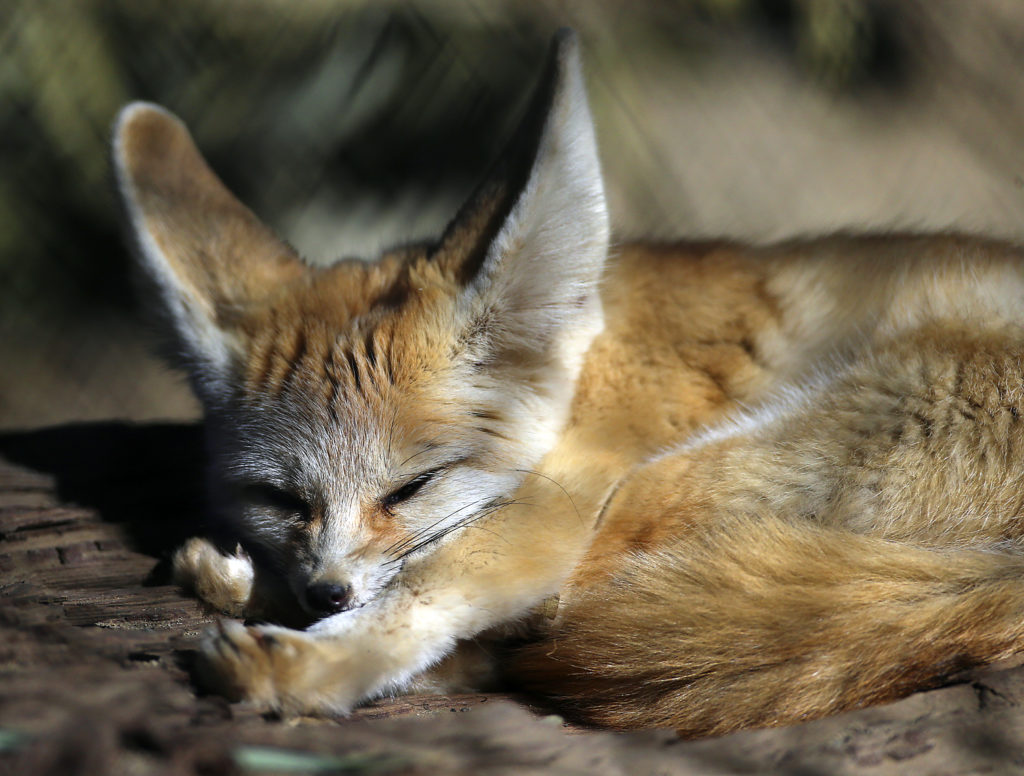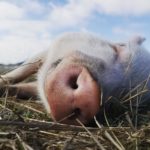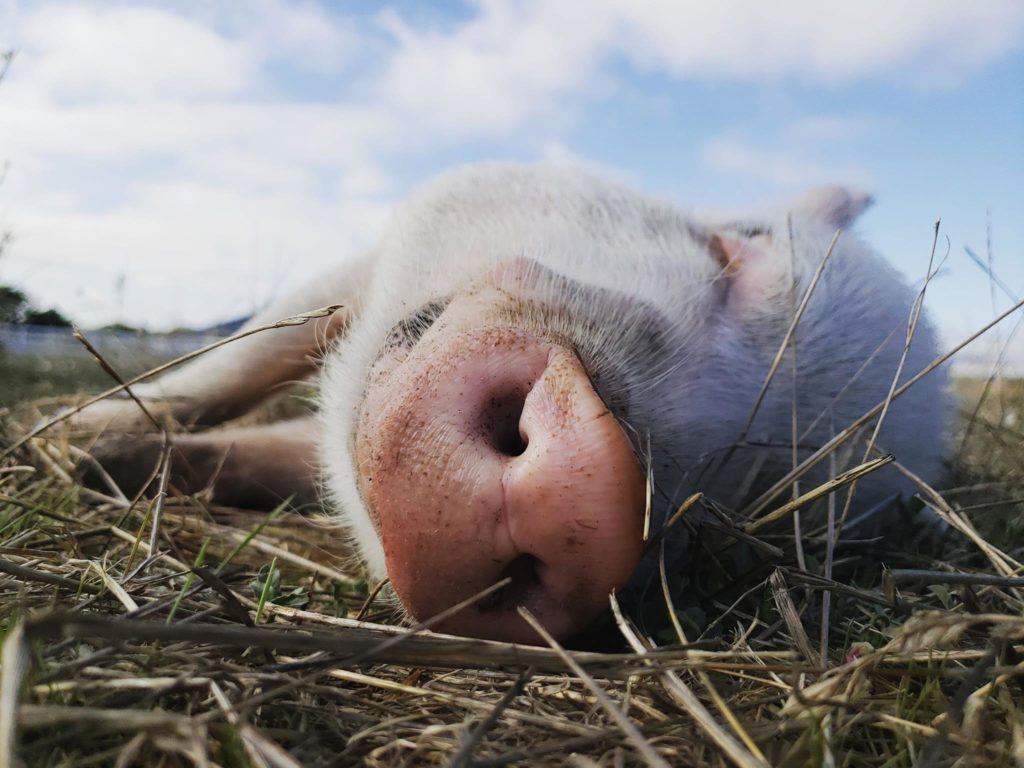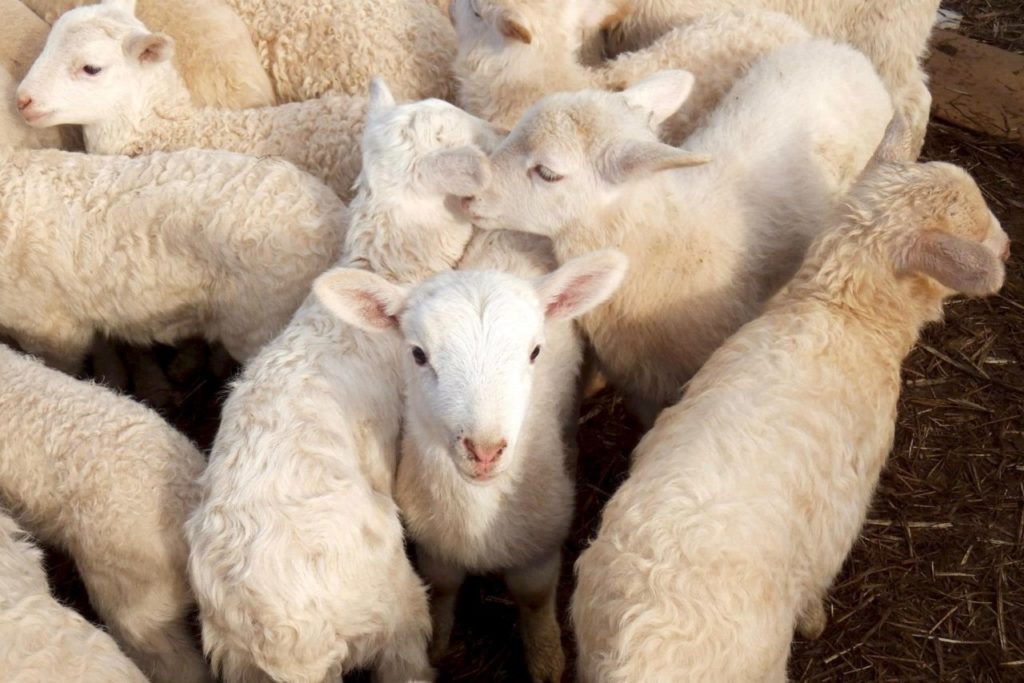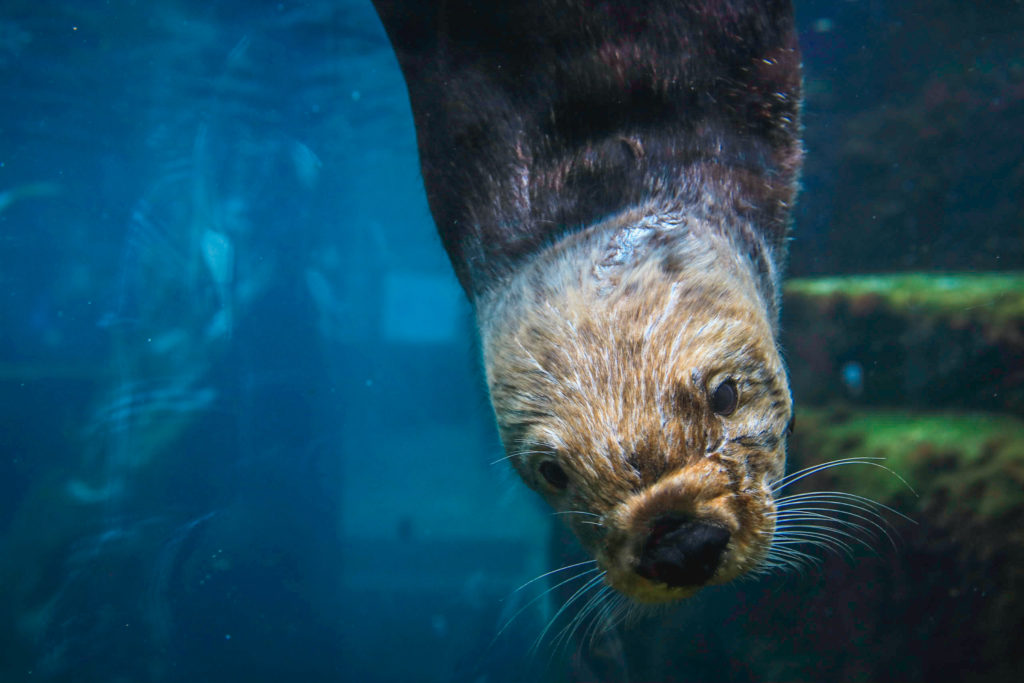While most of us are social distancing and sheltering in place to minimize the local impact of COVID-19, animal keepers at Safari West in Santa Rosa are doing exactly what they always do: caring for the more than 1,000 creatures and critters that call the park home.
“Our job doesn’t go away because of a pandemic,” says Marie Barbera, animal collection manager. “The animals still need to eat. We still need to make sure they’re OK.”
While the wildlife preserve is closed to visitors, all 23 staff members are still hard at work and none of them has seen much change to the day-to-day routine.
Depending on the day, keepers receive their daily assignments in the morning, then fan out to the park’s 400 acres to tend to the animals that represent nearly 100 different species. The first step in that process is a morning well-check. Does each animal look healthy? Does the exhibit pose any dangers to them? Has anything happened to the animals overnight? Keepers ask these questions and assess the situation. When intervention is warranted, they intervene.
This process usually takes a few hours. Next comes lunch.
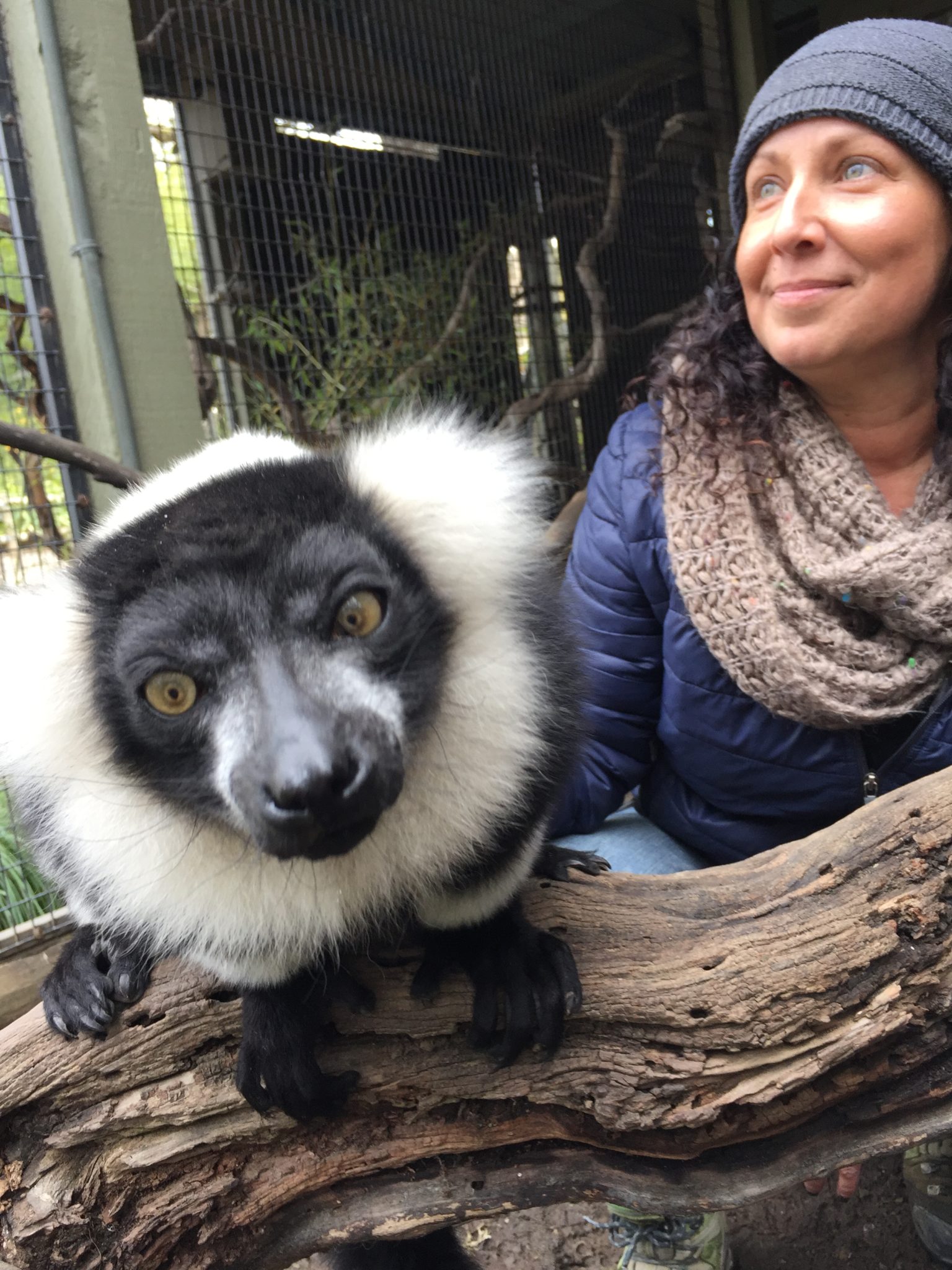
To initiate mealtime, the keepers make their way to the kitchen food storage area and prepare different diets for each of the animals. The feeding process usually takes 2-3 hours as well.
After lunch, before keepers go home for the night, they head back out to the park to perform another wellness assessment. This time, they pay close attention to how the animals handled their food. If any of the animals is showing signs of discomfort, the keepers intervene.
“Whether we’re [dealing with coronavirus] or it’s just a normal day, our schedule entails keeping the animals safe, assessing their health, feeding them, then assessing them again,” Barbera says. “It’s constant monitoring, and that’s a critical part of making sure all of our animals are as healthy as they possibly can be.”
In some cases, keepers make special return visits to certain animals to deliver what they call “enrichment items.” For example, keepers might complete rounds, then head back to the primate area to give a monkey a toy.
Sometimes, Barbera adds, she also might swing back by the hyena habitat to watch what she describes as one of her favorite animals in the park.
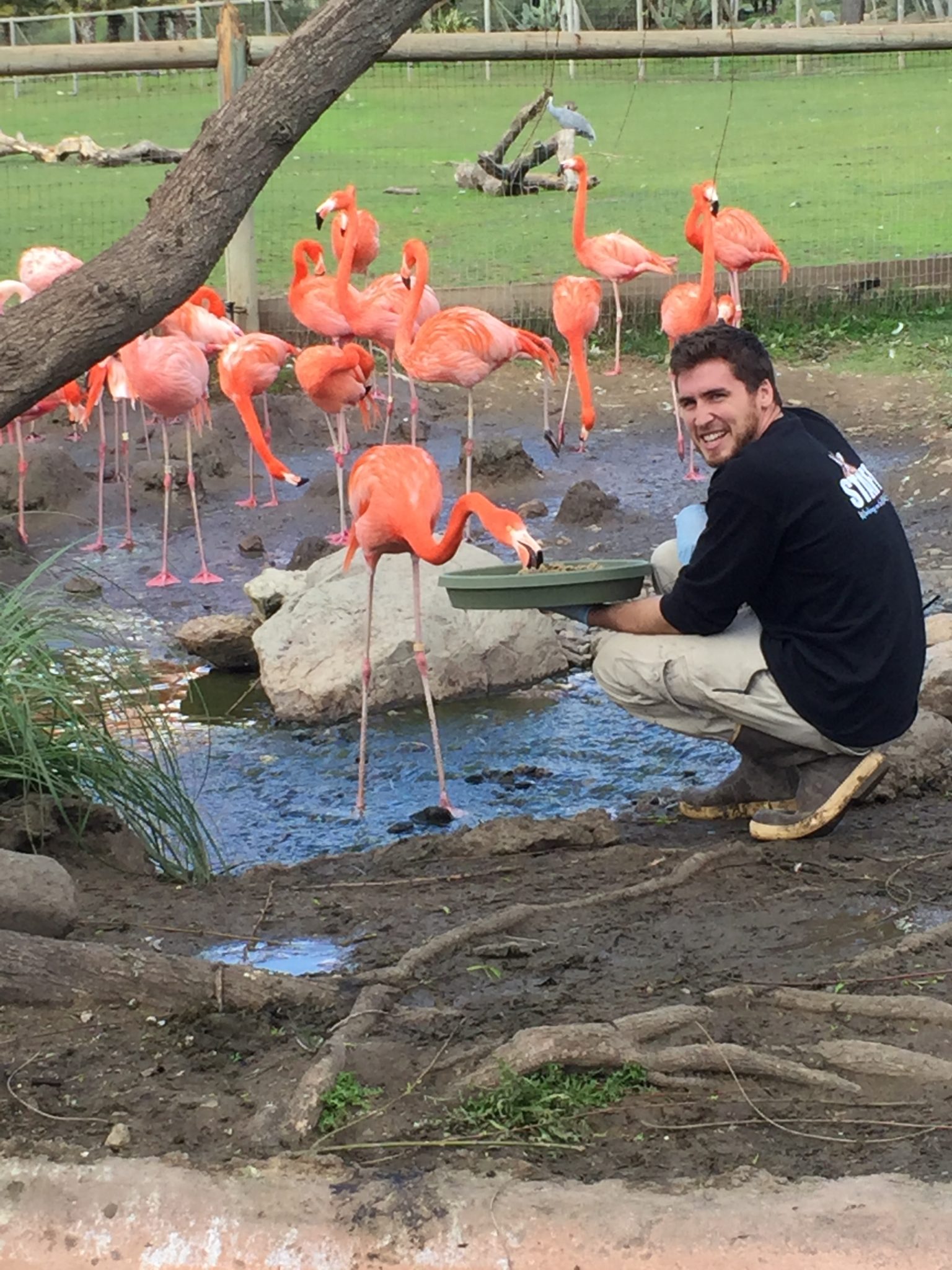
Hygiene precautions are always of paramount importance at Safari West. Keepers always wear gloves, and as they move from one task to another, they’re also very careful to wash their hands. Many specific coronavirus-related precautions really don’t apply; because most of the keepers work solo, they haven’t had to worry about social distancing on the job.
“It’s actually pretty nice to come to work and be able to forget about all the new rules and regulations outside,” Barbera says. “Here, for the most part, it’s just us and the animals.”
Perhaps the only difference at Safari West these days is the fact that there are no visitors at the park. Barbera says this makes the place a little quieter. She adds that while many humans might be inclined to believe the animals miss them, most of the animals probably do not.
The lone exception to this rule: A patas monkey whom Barbera describes as a show-off.
“When guests are around, I think that one monkey hams it up a bit more,” she jokes. Barbera adds that because Safari West is spread out over more space than most zoos, many animals go entire days—or weeks—without really interacting with guests. “To be totally honest, I’m not sure the absence of guests fazes them at all,” she says.
For this reason, Barbera isn’t too worried about the animals during the current pandemic; they can’t catch the virus, and their lives really aren’t being impacted at all.
The park itself? Now that’s a different story. With no outside revenue from day-trippers, overnight guests or corporate groups, Safari West like all local businesses is feeling the pinch. The best way to reverse these effects: follow instructions from authorities and flatten the curve.
“The sooner we get through it, the sooner visitors can return,” Barbera says. “The animals are waiting.”





